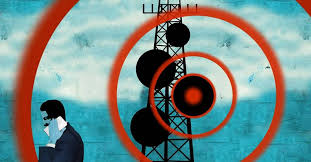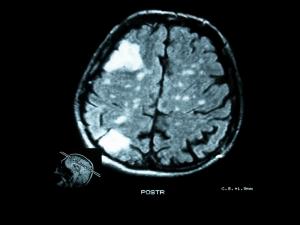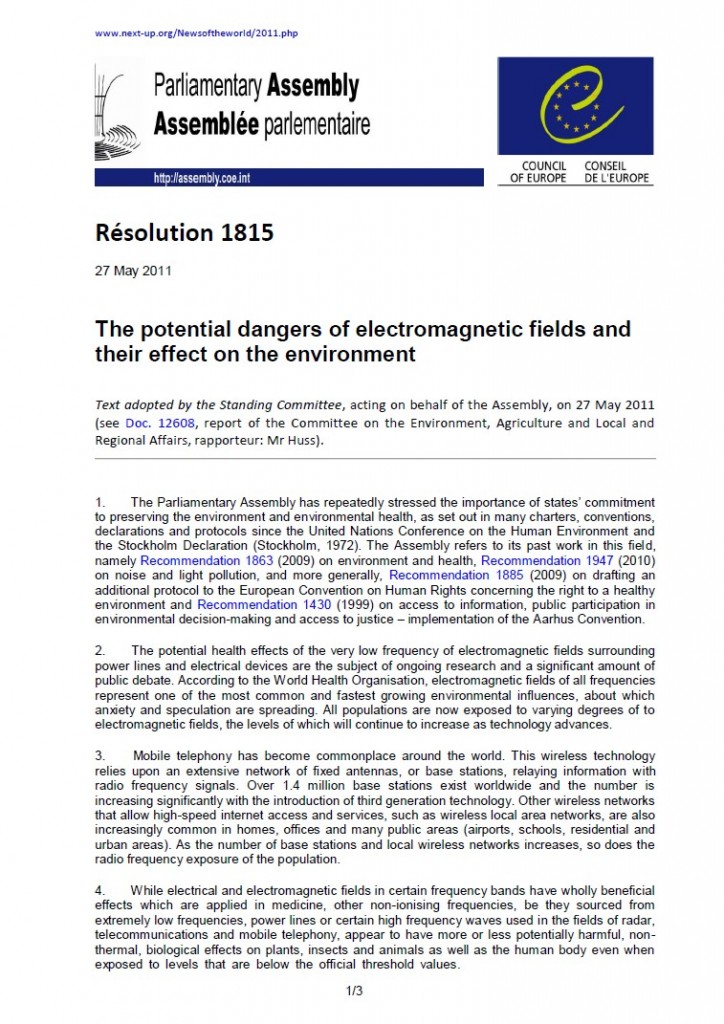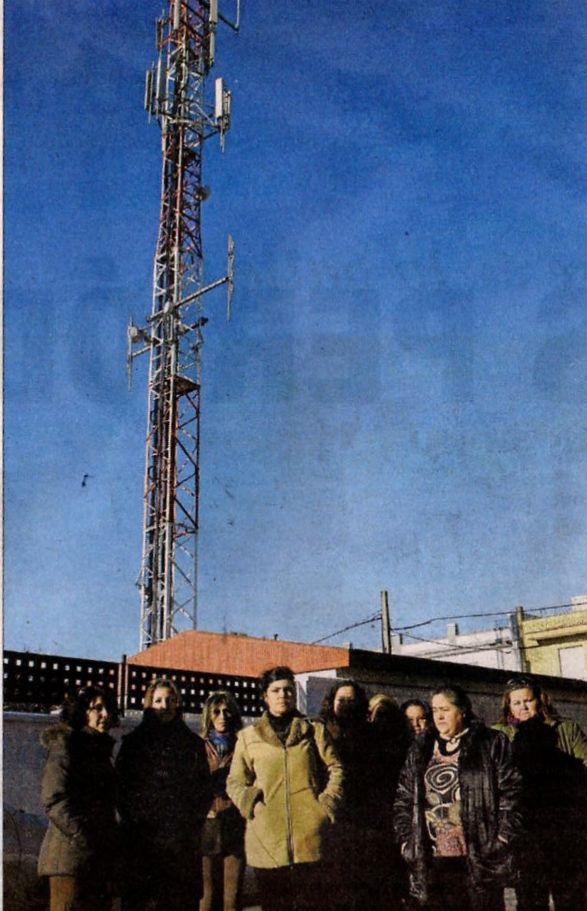Portada del sitio > Prensa > Rainer Frentzel-Beyme, eminent Environmental Physician Laments Obstructions (...)
"Findings about long term effects delayed by 10 years"
Rainer Frentzel-Beyme, eminent Environmental Physician Laments Obstructions to the Research of Mobile Telecommunications Radiation
"The state authorities are so closely linked with the operators that I cannot distinguish between them any more"
Viernes 31 de marzo de 2006 · 1936 lecturas
Research Centre (Deutsches Krebsforschungszentrum) to conduct an
epidemiological study to comparatively examine 10% of the 800,000 registered
C-Net (analogue) users versus D-Net (GSM) users, had been refused first by
the operator Mannesmann and later also by the German Research Group for
Mobile Telecommunications (Forschungsgemeinschaft Funk)", he said.
Neither had the German Research Group (Deutsche Forschungsgemeinschaft-DFG)
been prepared to fund the study which had been conceived in 1993. "This
delayed any findings with regards to long term effects by 10 years",
lamented the scientist.
When in 2002 a mobile mast was installed in Flachsmeer, a small community in
Friesland, north Germany, the environmental physician hoped to examine the
sleep disturbances of the local residents. Mannesmann (nowadays Vodaphone)
refused, however, to switch off the installation as it had been previously
agreed when the experiment was planned, the expert declared. In spite of
their initial agreement, German Telecom was later no longer prepared to
support the study either. "Telecom had initially been interested in this
methodologically impeccably planned study, but later seemed to be forced to
withdraw from it, and withheld the funding it had promised publicly during a
residents meeting", said the expert.
Eminent Environmental Physician Laments Obstructions to the Research of Mobile Telecommunications Radiation
"Findings about long term effects delayed by 10 years"
Rainer Frentzel-Beyme, environmental physician at the University of Bremen
(Germany), has lamented the tight links between the mobile operators and the
government. An independent research of the effects of mobile radiation was
therefore hardly possible and delayed by more than 10 years. "The state authorities are so closely linked with the operators that I cannot distinguish between them any more", said Frentzel-Beyme in an interview with
de.internet.com. Although he had been invited as an expert to attend several
hearings in federal state parliaments and also in the German parliament
(Bundestag), these had only served to vent pressures. Consequences such as a
moratorium for the installation of new antennae as it had been introduced in
Switzerland, France and Spain or the allocation of significant funding for
more research had never followed, according to the professor.
At the moment, he works on a study of the effects of electromagnetic
radiation on children. The study had initially been delayed. "After we had
applied for funding for this study, we were told the subject matter was
irrelevant according to a survey of other scientists", said Frentzel-Breyme.
Then, the study was commissioned from a different team, which had already
previously published findings in favour of the mobile operators. "This
really leads to the question how independent science can be if such explicit
selection takes place", he continued.
"Real independence requires that state funding for research should be
totally independent from industry money. Since the Mobile Telecommunications
Research Programme is half financed by the mobile operators and they have
shown to be able to veto the allocation of funding, the course is already
set against serious objective projects", Frentzel-Bayme said.
This tendency has been evident since the beginning of the 90s."My first
application to the operators to use the statistics of the German Cancer
Research Centre (Deutsches Krebsforschungszentrum) to conduct an
epidemiological study to comparatively examine 10% of the 800,000 registered
C-Net (analogue) users versus D-Net (GSM) users, had been refused first by
the operator Mannesmann and later also by the German Research Group for
Mobile Telecommunications (Forschungsgemeinschaft Funk)", he said.
Neither had the German Research Group (Deutsche Forschungsgemeinschaft-DFG)
been prepared to fund the study which had been conceived in 1993. "This
delayed any findings with regards to long term effects by 10 years",
lamented the scientist.
When in 2002 a mobile mast was installed in Flachsmeer, a small community in
Friesland, north Germany, the environmental physician hoped to examine the
sleep disturbances of the local residents. Mannesmann (nowadays Vodaphone)
refused, however, to switch off the installation as it had been previously
agreed when the experiment was planned, the expert declared. In spite of
their initial agreement, German Telecom was later no longer prepared to
support the study either. "Telecom had initially been interested in this
methodologically impeccably planned study, but later seemed to be forced to
withdraw from it, and withheld the funding it had promised publicly during a
residents meeting", said the expert.







